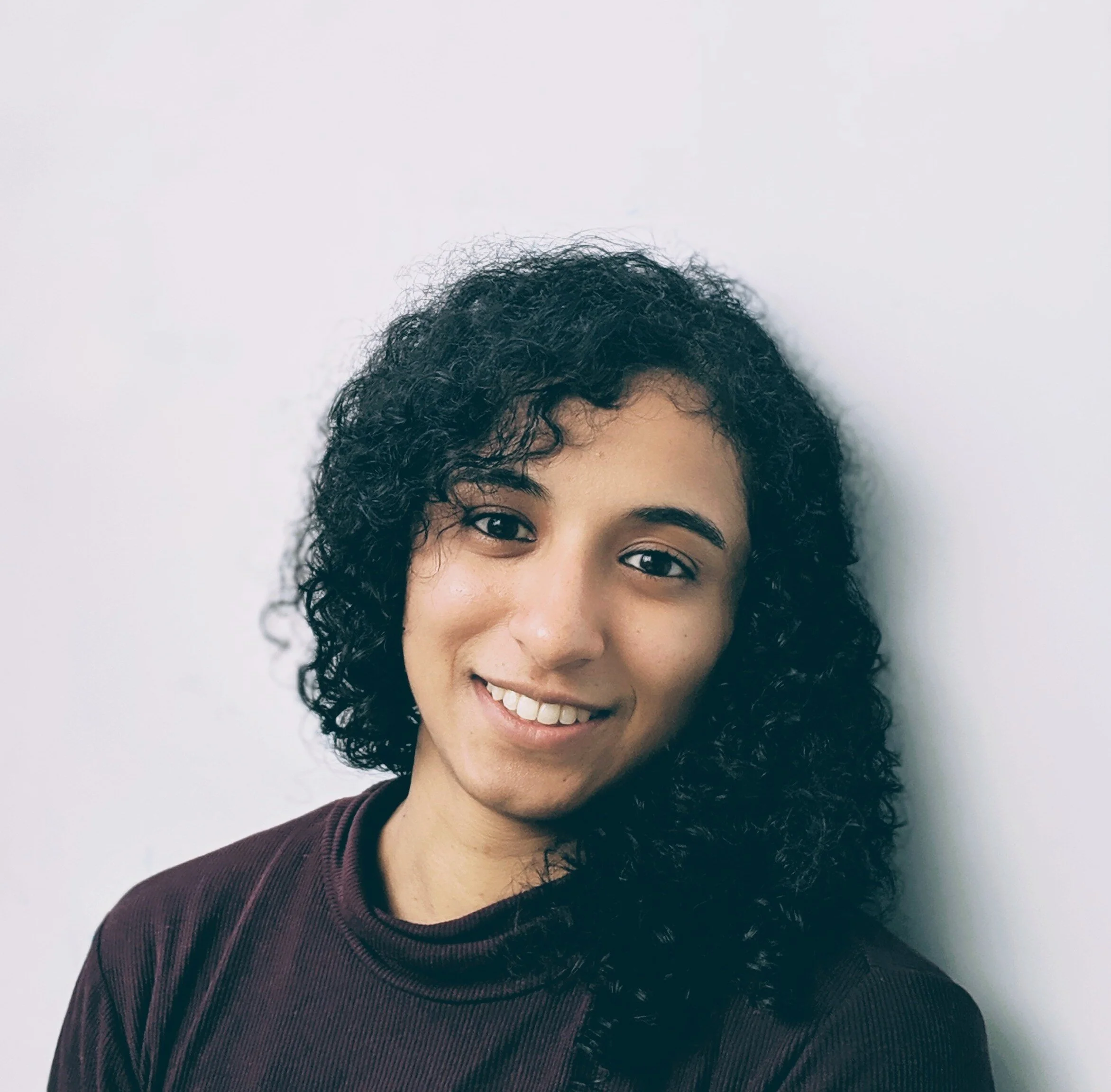RAAIS 2020 Speakers
Online, 26th June 2020
The Research and Applied AI Summit (RAAIS) brings together entrepreneurs and researchers who accelerate the science and applications of AI technology for the common good.
This flagship AI London event is presented by The RAAIS Foundation whereby all proceeds help to award research and project grants with a focus on communities that would otherwise not have a chance to participate in advancing AI.
SARAH BERRY
Head of Nutrition @ ZOE
Dr. Sarah Berry is a Senior Lecturer in the Department of Nutritional Sciences at King’s College London and Head of Nutrition Science at ZOE, the London-based AI-first nutritional science startup behind the PREDICT study, which is the world’s largest ongoing nutritional research project of its kind.
Pascal paillier
CTO @ Zama
Dr. Pascal Paillier is a homomorphic encryption expert and the CTO of Zama, a Paris-based startup that builds open-source software tools enabling developers to easily deploy secure deep learning applications powered with homomorphic encryption. Zama ambitions to propel deep learning into a revolutionary new era of privacy-preserving cognition.
sandra wachter
Associate Professor @ Oxford
Dr. Sandra Wachter is an Associate Professor and Senior Research Fellow in Law and Ethics of AI, Big Data, and robotics as well as Internet Regulation at the Oxford Internet Institute at the University of Oxford and a Fellow at the Alan Turing Institute in London. Sandra is specialising in technology-, IP-, and data protection law as well as European-, International-, human rights (online) and medical law.
josh bongard
Professor @ University of Vermont
Josh Bongard is the Veinott Professor of Computer Science at the University of Vermont and the director of the Morphology, Evolution & Cognition Laboratory. His work involves computational approaches to the automated design and manufacture of soft-, evolved-, and crowdsourced robots, as well as computer-designed organisms.
Dj Dvijotham
Research Scientist @ DeepMind
Krishnamurthy (Dj) Dvijotham is a senior research scientist at DeepMind who works on these problems. His research focus is on building robust and verifiable AI systems that can be trusted to behave reasonably even under adversarial circumstances. He holds a PhD in CS/Engineering from the University of Washington in Seattle.
sacha arnoud
Snr. Director of Engineering @ Lyft
Sacha is the Senior Director of Engineering at Lyft Level 5, the division of Lyft that is responsible for developing consumer-facing self-driving vehicles for the Lyft ride-hailing service. He was previously an Engineering Director at Google responsible for cutting-edge Mapping projects.
PEARSE KEANE
NIHR Clinician Scientist @ UCL
Pearse Keane is a consultant ophthalmologist at Moorfields Eye Hospital and an associate professor at UCL Institute of Ophthalmology. Pearse specializes in the treatment of retinal diseases, in particular, age-related macular degeneration (AMD), the commonest cause of blindness in Europe, North America, and many other regions. He leads a clinical research group at UCL and Moorfields which focuses on the development, evaluation, and implementation of artificial intelligence in healthcare, using ophthalmology as an exemplar.
Brent Mittelstadt
Senior Research Fellow @ Oxford
Brent Mittelstadt is a Senior Research Fellow and British Academy Postdoctoral Fellow in data ethics at the Oxford Internet Institute, a Turing Fellow at the Alan Turing Institute, and a member of the UK National Statistician’s Data Ethics Advisory Committee. He is an ethicist focusing on auditing, interpretability, and ethical governance of complex algorithmic systems. Brent also coordinates the Governance of Emerging Technologies (GET) research program at the OII, which investigates ethical, legal, and technical aspects of AI, machine learning, and other emerging technologies.
ANDY HOCK
Head of Product @ Cerebras
Andy Hock is Head of Product at Cerebras Systems in Palo Alto, CA. He is responsible for the requirements and product strategy for Cerebras’ AI hardware, software, ML research, marketing. Andy previously led Data and Analytics Product for the Terra Bella project at Google, using deep learning and AI to create useful data for maps and enterprise applications from satellite imagery. Andy holds a PhD in Geophysics and Space Physics from UCLA and a BA in Astronomy-Physics from Colgate University.
Chris Russell
Group Leader @ Turing Institute
Chris Russell is a Group Leader in Safe and Ethical AI at the Alan Turing Institute, and a Reader in Computer Vision and Machine Learning at the University of Surrey. His recent work on explainability (with Sandra Wachter and Brent Mittelstadt of the OII) is cited in the guidelines to the GDPR and forms part of the TensorFlow “What-if tool”. He was one of the first researchers to propose the use of causal models in reasoning about fairness (namely Counterfactual Fairness), and continues to work extensively on computer vision, where he has won best paper award in two of the largest conferences BMVC and ECCV.
MAITHRA RAGHU
Research Scientist @ Google Brain
Maithra Raghu is a Research Scientist at Google Brain. Her research centers on developing quantitative techniques to gain insights into deep learning representations and using these insights to inform AI system design and collaboration with human experts in medicine. Her work has been published in conferences such as NeurIPS, ICML, ICLR, WWW and has also been covered by many press outlets including The Washington Post, Fortune, WIRED and Quanta Magazine.
Jonathan stokes
Banting Fellow @ MIT and Harvard
Jonathan Stokes is a Banting Fellow under the supervision of James Collins at MIT. He received his BHSc in 2011, graduating summa cum laude, and his PhD in antimicrobial chemical biology in 2016, both from McMaster University. His research applies a combination of chemical biology and machine learning to develop novel antibacterial therapies with expanded capabilities over conventional antibiotics. Stokes is the recipient of many awards, including the Canadian Institutes of Health Research Master’s Award, the Colin James Lyne Lock Doctoral Award, and was ranked first of just 23 elite postdoctoral scholars to be awarded the prestigious Banting Fellowship.












